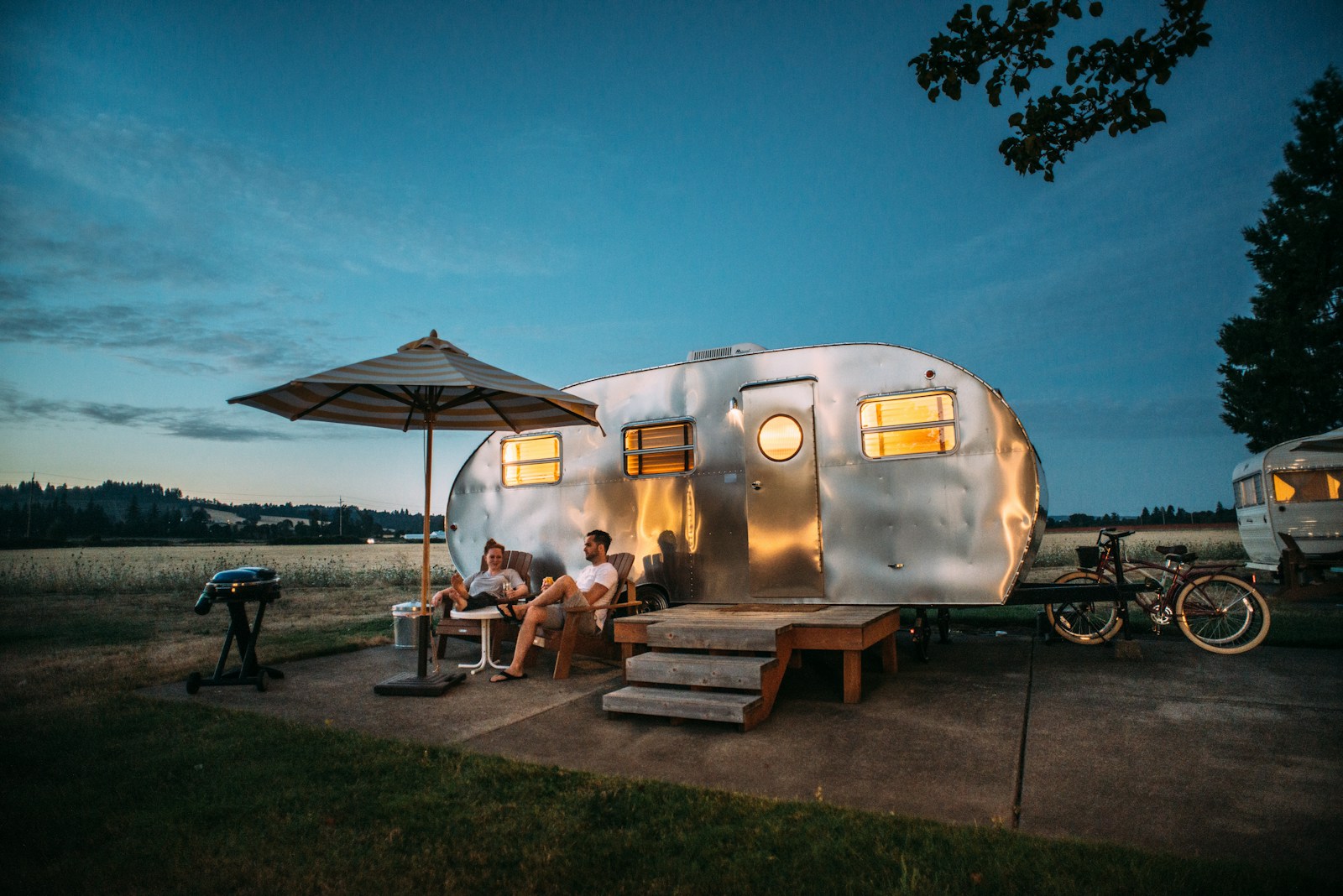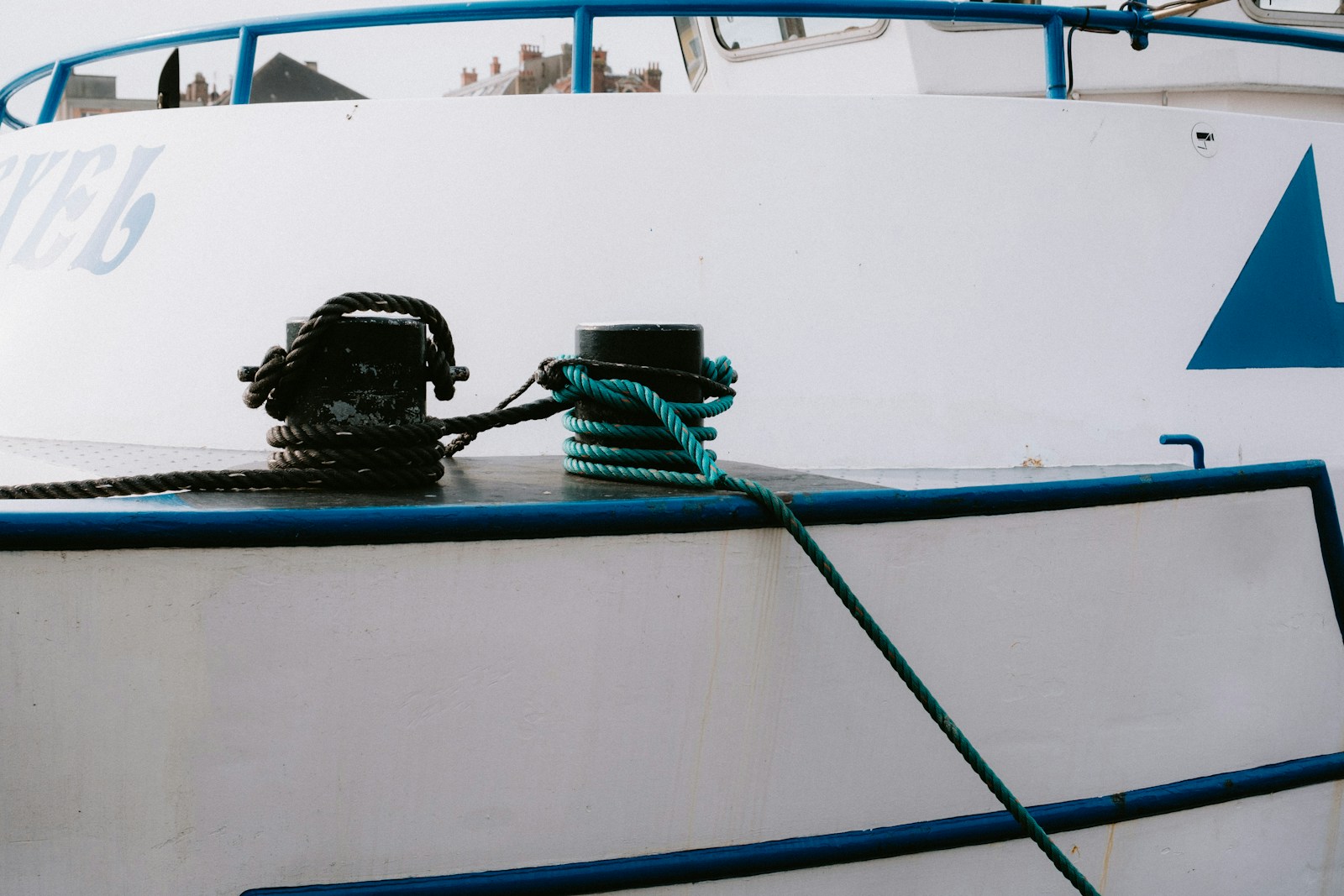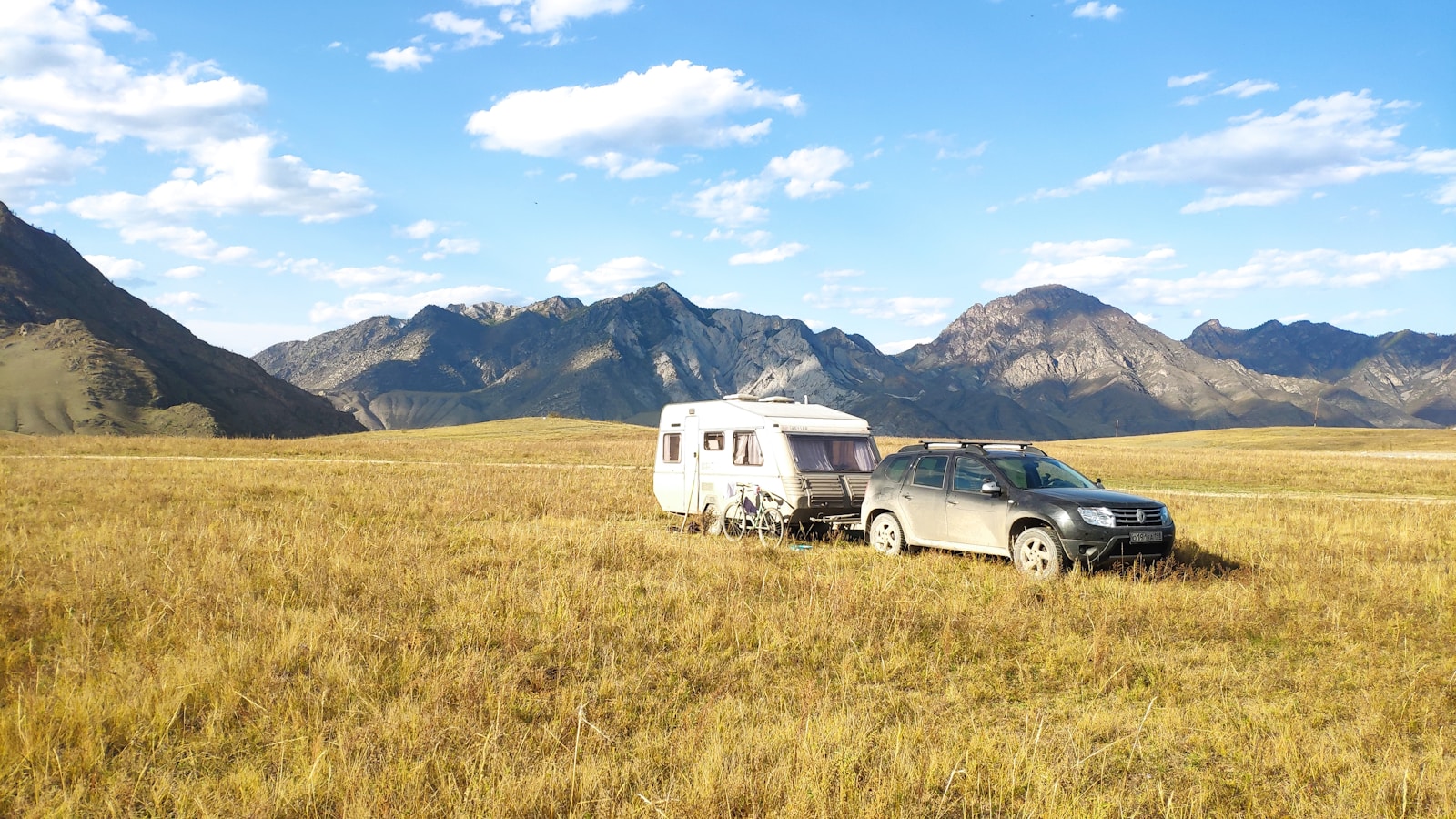Are you wondering how to winterize a camper? For outdoor enthusiasts and RV owners, the end of the camping season doesn’t mean the end of responsibilities. With falling temperatures and winter months fast approaching, it’s crucial to prepare your camper or RV for the cold weather ahead.
Without proper winterization, you risk damage that could seriously impact your beloved travel trailer or motorhome. In this comprehensive guide, we’ll walk you through everything you need to know about how to winterize a camper so you’re ready for the off-season.

Winterizing a Camper A Must for Every RV Owner
Why is winterizing your RV so important? It’s more than just a precaution; it’s essential for maintaining your camper’s condition during the off season. When temperatures drop, the water in your RV’s plumbing system can freeze solid, leading to burst pipes and costly repairs.
Not to mention, an unwinterized RV can become a haven for pests and mildew. By taking the time to winterize your camper, you’re ensuring that it’s in top shape when camping season rolls around again.

The Winterization Process for Water Lines Defined
Understanding the winterization process is key to protecting your investment. It is important to check the anode rod in your water heater; if the anode rod is heavily corroded, it should be replaced to prevent damage to the water heater. It involves several steps, each designed to safeguard different parts of your RV.
From draining the water heater to adding RV antifreeze to water lines, every step is crucial. You’ll need a few tools, such as a water heater bypass kit and an air compressor for blowing out water lines, to get started. Don’t forget to consult your owner’s manual for manufacturer’s specifications and tips specific to your model.

How to Winterize a Camper | Preparing for Winterization
Before you dive into winterizing your RV, it’s crucial to gather all the necessary tools and supplies. You’ll need RV antifreeze, a water heater bypass kit, and a water pump converter kit to get started. These items are essential for protecting your RV’s plumbing system from freezing temperatures.
Begin by consulting your owner’s manual to understand the specific winterization requirements for your RV model. Each RV is different, and following the manufacturer’s guidelines will ensure you don’t miss any critical steps.
Next, inspect your RV’s plumbing system for any leaks or damage. Check the water lines, hoses, and connections for signs of wear. Address any issues before proceeding with the winterization process to avoid complications later on.
Consider where you’ll store your RV during the winter months. If you plan to keep it in an unheated storage facility, you may need to take extra precautions to protect it from freezing temperatures. Ensuring your RV is in a safe, sheltered location will help maintain its condition throughout the winter.

Draining the Tanks and Water Heater
Draining the tanks and water heater is a pivotal step in the winterization process. Start with the freshwater holding tank, typically located near the exterior wall of your RV. Use the drain valve or plug to release all the water from the tank.
Next, move on to the gray water tanks, usually found underneath your RV’s bathroom. Again, use the drain valve or plug to empty these tanks completely. This step is crucial to prevent any residual water from freezing and causing damage.
Finally, focus on the water heater tank. Begin by turning off the water heater and allowing it to cool. Once it’s safe to handle, shut off the water supply to the water heater and open the pressure relief valve. Use a bucket to catch the water as it drains from the tank.
This ensures that no water remains in the system that could freeze and damage the water heater.
Bypassing and Draining Water Lines
Bypassing the water heater is an essential part of the winterization process. Installing a water heater bypass kit allows you to divert the water flow around the water heater, preventing antifreeze from entering and making the dewinterizing process easier.
Once the water heater is bypassed, it’s time to drain the water lines. Open the low-point drains and let the water flow out. If you have a water pump, use it to force the remaining water out of the lines. This step ensures that no water is left in the system that could freeze and cause damage. After draining, close the drains and cap the ends of the water lines to keep antifreeze from entering.
Adding Antifreeze and Winterizing Appliances
Adding antifreeze to your RV’s plumbing system is a critical step in the winterization process. Use a water pump converter kit to pump the antifreeze into the system. Start with the faucet closest to the pump and slowly open both the hot and cold faucets until you see antifreeze coming out.
In addition to the plumbing system, you need to winterize your appliances. Drain the hot water tank and add antifreeze to it to prevent any remaining water from freezing. Similarly, drain the freshwater tank and add antifreeze to ensure it’s protected from the cold.

Battery Maintenance and Storage
Proper battery maintenance and storage are vital during the winter months. Remove the battery from your RV and bring it indoors to extend its life and keep it charged. Store the battery in a warm, dry place, and place something underneath it to catch any potential leaks.
Consider using a battery maintainer to keep the battery charged throughout the winter. This device will prevent the battery from draining and ensure it’s ready to go when you need it.
Additionally, inspect the battery terminals and cables for any signs of corrosion or damage. Make any necessary repairs before storing the battery to ensure it’s in good condition when you’re ready to use it again.
By following these steps, you can ensure that your RV is properly winterized and ready for the cold weather. Always consult your owner’s manual for specific winterization requirements for your RV model.
Why Proper Winterization Matters in Freezing Temperatures
Proper winterization isn’t just about preventing physical damage—it’s about peace of mind. Imagine planning your first trip of the season, only to discover your camper has been damaged by the winter freeze.
By thoroughly winterizing your RV, you avoid this scenario and ensure your vehicle is ready to hit the road the moment spring arrives. Proper winterization also preserves the resale value of your RV, making it a worthwhile investment in the long term.

Expert Tips and Best Practices for Using a Water Heater Bypass Kit
Take your winterization skills to the next level with expert advice. Start by thoroughly cleaning your RV’s interior and exterior to remove any food items or debris that could attract pests.
Don’t forget to drain completely all water tanks and use a water pump converter kit to add RV antifreeze to the plumbing system. For added protection, use mouse traps in strategic areas to prevent unwanted visitors during the winter months.
Real Testimonials and Company Recommendations
Hear from fellow RV owners who’ve mastered the winterization process. Many recommend companies like Interstate Haulers for their reliability and professionalism.
If you need your camper hauled to storage for the winter months, Interstate Haulers can help with safe and efficient transport. Other trusted names include PopSells and Marine Max, which offer resources and services tailored for RV enthusiasts.

Secure Your RV for Winter
In conclusion, winterizing your camper is a vital task that every RV owner should prioritize. Not only does it prevent costly damages, but it also ensures a smooth start to the next camping season.
Share your own winterization tips and experiences with our community, or contact us for professional winterization services. Don’t leave your RV’s fate to chance—prepare it for the cold with confidence and ease.
Whether you’re a seasoned RV owner or new to the world of campers, proper winterization is a skill worth mastering. With this guide, you’re well on your way to becoming an expert in protecting your RV during the harsh winter months.

Interstate Haulers: Reliable Transport for Your RV
When it comes to storing your RV for the winter, transportation can often be a critical aspect of the overall winterization plan. Interstate Haulers stands out as a trusted service provider for RV owners looking to safely and efficiently transport their vehicles to storage facilities.
Their team of experienced professionals ensures that your camper or motorhome reaches its destination without any hassle, offering you peace of mind during the off season.
With a reputation for reliability and excellent customer service, Interstate Haulers understands the unique needs of RV enthusiasts.
Whether you require short-distance hauling or cross-country transport, they provide customized solutions to meet your specific needs. By entrusting your RV to Interstate Haulers, you can rest assured that your vehicle will be secure and ready when the camping season returns.
Resources and Helpful Links
To ensure you have all the information and tools necessary for effective RV winterization, here is a list of valuable resources and links:
RV Antifreeze Selection Guide – Camping World
Learn how to choose the right type of RV antifreeze for your specific needs and conditions.
Plumbing System Winterizing Tips – RVshare
Detailed tips on how to properly drain and winterize your RV’s plumbing system to prevent freeze damage.
Professional Winterization Services – RV Care Network
Find professional service providers in your area specializing in RV maintenance and winterization.
Pest Prevention During Storage – Good Sam Club
Strategies and products to keep pests out of your stored RV during the winter months.
Winter Storage Solutions – RV Magazine
Explore different storage options and tips for keeping your RV safe during the winter months.
Battery Maintenance Guide – Battery Tender
Learn how to maintain and store your RV batteries properly to extend their life and ensure they are ready when spring arrives.
Cold Weather Camping Tips – Escapees RV Club
For those looking to continue their adventures in colder climates, these tips will help you stay warm and safe.
Insurance and Winterization – RVInsurance.com
Understand how your RV insurance policy might be affected by winterization and what steps you need to take to remain covered.
DIY RV Winterization Videos – YouTube
Search for step-by-step video tutorials that walk you through the entire winterization process from seasoned RV enthusiasts and professionals.
By exploring these resources, you can enhance your winterization techniques and ensure a smoother transition back to the camping season.




